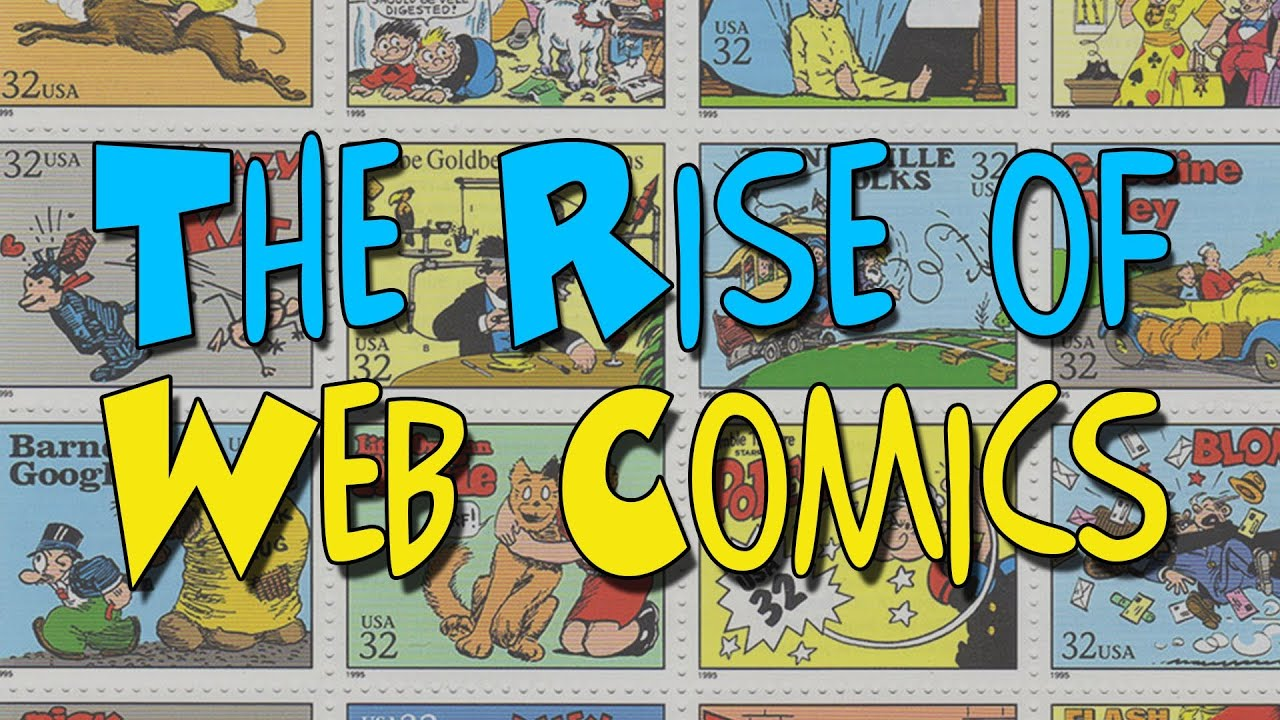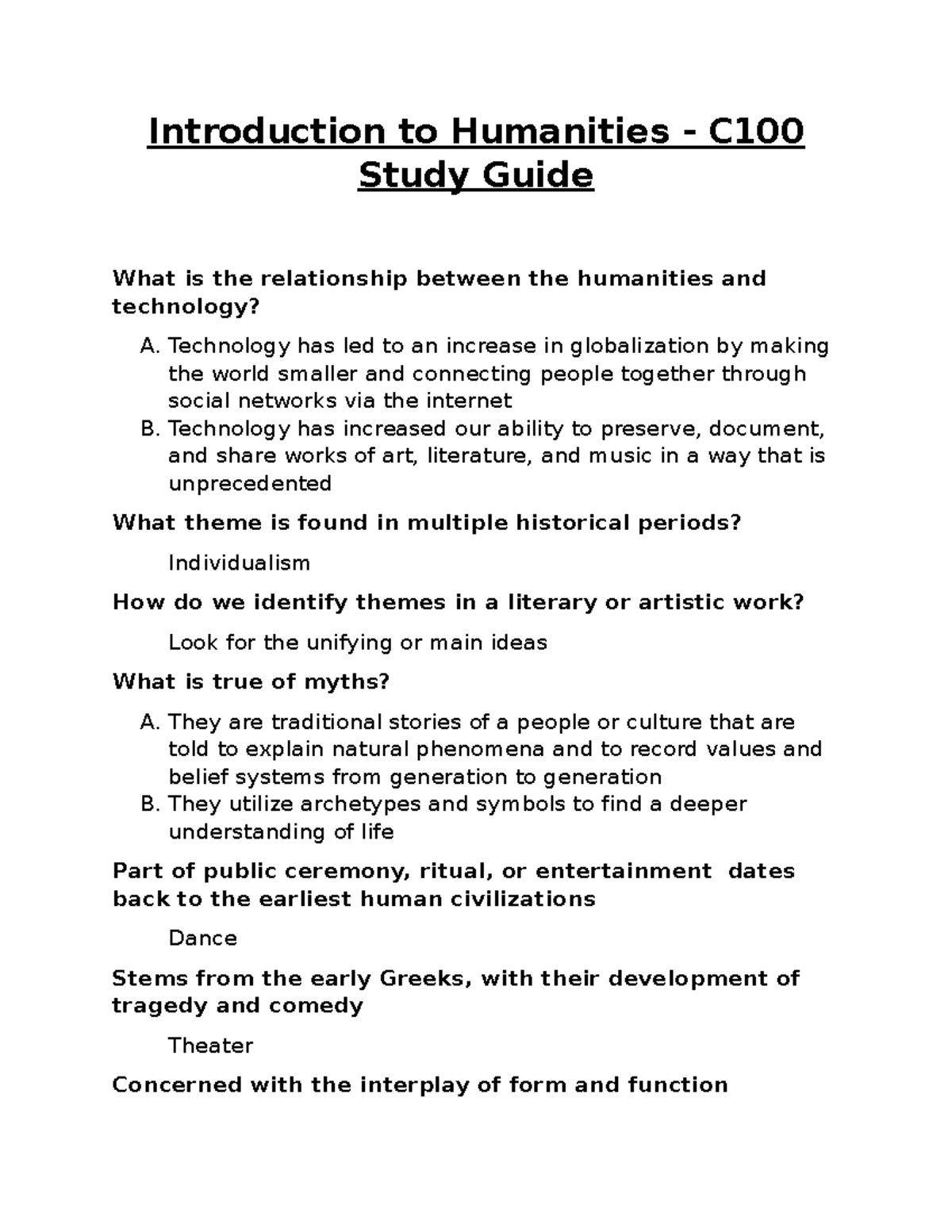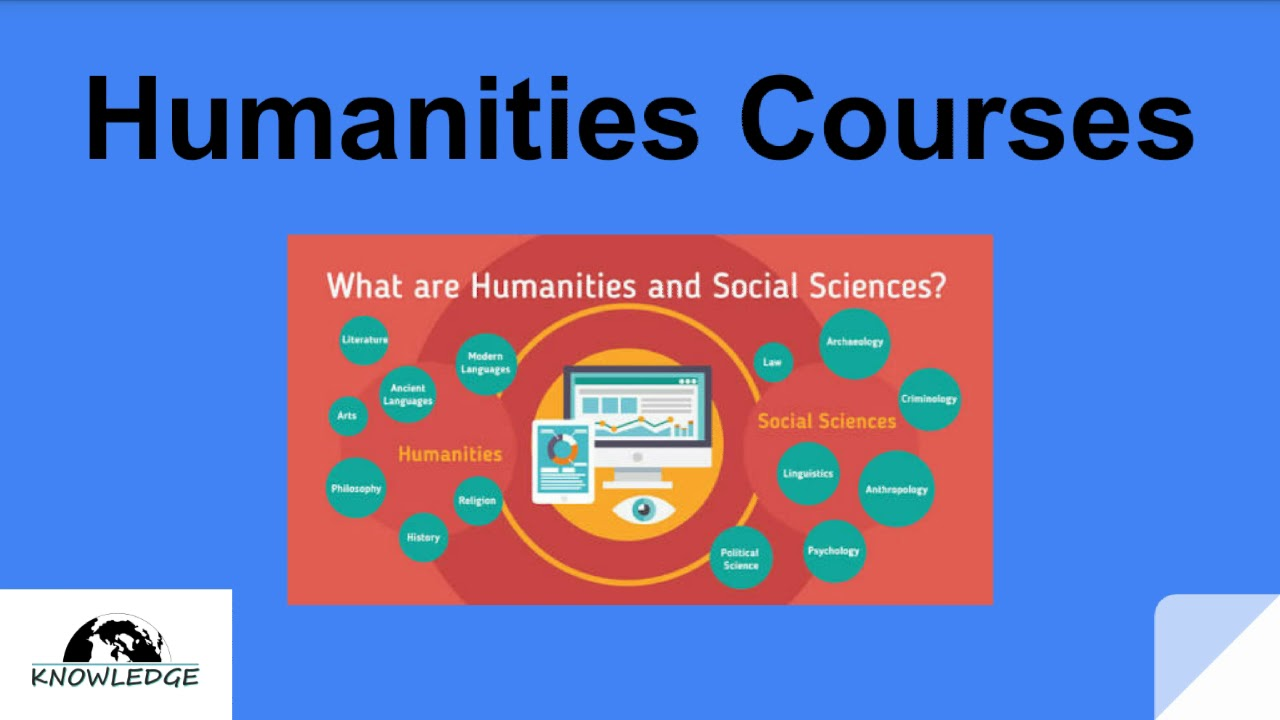The internet has undeniably transformed the landscape of storytelling, prompting a significant change in how we engage with fiction. With the rise of digital platforms, writers now find themselves navigating an unprecedented terrain where the impact of the internet on literature reshapes narrative structures and reader expectations. This digital age has not only accelerated the accessibility of eBooks and altered reading habits but also sparked a dialogue on social media and storytelling, creating a dynamic relationship between writers and their audiences. In addition, the changes in writing styles are evident as authors increasingly consider public opinion, crafting narratives in response to an online culture that thrives on instant feedback. As a result, the essence of fiction has evolved, revealing both challenges and opportunities in the realm of modern storytelling.
In the realm of imaginative writing, the digital revolution has ushered in a new era where narratives are deeply influenced by online interactions. The convergence of technology and creativity has led to profound shifts in how stories are told and shared, highlighting the evolving nature of fiction in contemporary society. Writers now contend with the implications of the internet on their craft, facing both the challenge of maintaining artistic integrity and the allure of instant readership. Moreover, the integration of social media into storytelling has cultivated new avenues for engagement, allowing authors to connect directly with their readers. This evolving landscape raises important questions about the role of traditional storytelling methods amidst the omnipresence of digital communication.
The Evolution of Fiction in the Digital Age
Fiction, a cornerstone of human expression, has undergone a transformative evolution owing to the digital age. In the past, the primary medium for storytelling was paper, whether through books or magazines, serving as a solitary vessel for authors and readers alike. However, the emergence of the internet has reshaped this medium, altering our approach to storytelling. Readers that once engaged intimately with texts are now inundated with a torrent of distractions, from social media platforms to endless streaming services. This shift has not only affected how stories are consumed but also how they are crafted, with writers now contending with an audience that demands immediacy and attention-grabbing narratives. The challenge lies in maintaining the depth and meaning that traditional fiction offers while navigating the fast-paced digital landscape of instant gratification.
Moreover, as fiction adapts to this new terrain, we witness changes in writing styles that resonate with the internet’s influence. Authors are increasingly incorporating elements that reflect the fragmented reality shaped by online interactions. The short story, once a breathing space for elaborate development, has seen a resurgence in micro-fiction and online narratives designed for rapid consumption. These shifts prompt writers to explore themes that reflect contemporary experiences, such as identity, isolation, and connection, which are magnified by our digital interactions. In this environment, the challenge for writers becomes not just telling a compelling story but also capturing the essence of the human experience in a way that aligns with the audience’s evolving expectations.
How the Internet Changed the Reader’s Role
Traditionally, readers embarked on literary journeys in solitude, diving profoundly into the text to explore characters and themes. However, with the rise of the internet, the role of readers has morphed into that of an audience shaped by collective opinion and social engagement. Today’s readers often interact with narratives through the lens of social media, engaging in discussions, sharing reviews, and participating in communities that influence their reading preferences. As a result, the risk of fiction becoming diluted is apparent, as popular opinion can overshadow the nuanced enjoyment and exploration of literature. The challenge for contemporary storytellers is to navigate this new reader dynamic while still offering stories that provoke deep thought and emotional resonance.
Furthermore, the prevalence of social media has fostered a culture that emphasizes instant feedback and virality rather than the contemplative nature of reading. Authors must now consider how their work will be received in public forums, which can impact their creative process significantly. This shift has been both liberating and restraining; while digital platforms provide authors with greater reach and connectivity to their audience, they may also compel them to conform to trending topics or superficial appeals. The resulting tension raises critical questions about authenticity in storytelling and how much of an author’s voice and intent may be compromised to fit within the bounds of current social norms.
Adapting Reading Habits in the Age of eBooks and Online Content
The advent of eBooks and the internet has revolutionized how readers approach fiction today. Accessibility is one of the most significant changes, as readers now have instant access to a vast library of literature at their fingertips. Unlike the age when one had to visit libraries or bookstores, eBooks provide a portable solution that allows readers to carry an entire library on a single device. This convenience has cultivated a culture of reading that is dynamic and adaptable, as individuals can immediately obtain the latest novels or explore diverse genres.
However, this ease of access brings challenges as well, particularly concerning readers’ engagement levels. With countless distractions available online, many find it challenging to immerse themselves in a book completely. The internet’s surplus of information can lead to fragmented attention spans, which may hinder the deep, reflective engagement that traditional reading once fostered. Furthermore, the habit of browsing and rapidly consuming content can detract from the enjoyment of savoring a story’s layers over time. As a result, the impact of the internet on reading habits invites a nuanced discussion on what it means to be a reader and the shifting expectations surrounding literature consumption.
Social Media’s Influence on Storytelling Techniques
In the current literary landscape, social media serves as a double-edged sword that reshapes storytelling techniques. On one hand, platforms like Twitter and Instagram encourage brevity and creativity, prompting authors to condense their narratives into bite-sized formats that capture attention in seconds. This shift mirrors the growing trend towards shorter forms of narratives, such as flash fiction or narrative poetry, where every word must serve a purpose. As a result, writers are honing their abilities to create compelling stories that resonate quickly with an audience conditioned to digest information rapidly, thus enhancing the art of precise and impactful storytelling.
Conversely, social media’s pervasive nature often prioritizes sensationalism over substance, presenting a risk to the integrity of storytelling. When writers become overly attuned to trending topics and algorithmic preferences, there is a danger that their narratives may lose depth, focusing more on what will ‘go viral’ rather than on profound exploration of themes. The interplay between authorial intent and audience expectation thus raises pertinent questions about the long-term effects of social media on narrative quality and value. Inevitably, this cultural shift demands that writers navigate the delicate balance between engaging digitally-savvy readers and preserving the richness that characterizes traditional storytelling.
The Availability of Research Resources Online
The internet has revolutionized the way writers conduct research for their fictional works, providing unprecedented access to vast resources previously limited to libraries and archives. Online databases, newspapers, and specialized websites now serve as time-saving tools, enabling authors to delve into historical contexts, cultural nuances, and various subjects that would have otherwise required extensive research trips. This accessibility has opened up new storytelling avenues, allowing writers to weave intricate narratives that reflect accurate historical settings or scientific elements, enhancing the authenticity of their fiction.
Additionally, social media platforms have transformed the way writers can interact with their readers and fellow authors, leading to a rich exchange of ideas and experiences. Many writers leverage platforms like Twitter and Instagram to share their research, gather feedback, and even inspire new storylines based on current events or societal shifts. This interconnectedness not only enriches the content produced but also fosters a sense of community among writers, collaborating and learning from one another in unprecedented ways. Nevertheless, while access to information is easier than ever, the importance of critical analysis and discerning credible sources remains vital to maintain the integrity of writing.
Adapting to Changing Writing Styles
The influence of the internet has significantly impacted writing styles, prompting a shift towards more dynamic and interactive narrative techniques that reflect contemporary communication methods. In a world where readers are accustomed to multimedia content and quick updates, authors are increasingly integrating visual elements, web links, and even interactive storytelling into their prose. Such stylistic changes allow for a more immersive reading experience, encouraging authors to experiment with formats that resonate with modern audiences and diversify their narratives.
However, this adaptation also raises questions about the preservation of traditional storytelling elements, such as character development and thematic depth. As authors strive to cater to the expectations of a digital culture, they must balance innovative techniques with the foundational aspects of good storytelling. By thoughtfully blending traditional and contemporary styles, writers can explore new creative territories while still delivering emotionally engaging stories that honor the reader’s need for meaningful narratives.
The Role of Emotional Truth in Digital Fiction
In an age dominated by quick consumption and social interaction, the importance of emotional truth in fiction remains paramount. Readers continue to gravitate towards stories that resonate on a deeply personal level, challenging authors to convey authentic emotions that reflect the human experience, despite the overwhelming distractions of the internet. As conventional narratives evolve, capturing the essence of emotional truth requires writers to delve into their own vulnerabilities and artistic expressions, resulting in profound connections with their readers.
Moreover, the rise of platforms such as blogs or serialized storytelling has allowed writers to explore nuanced emotional landscapes in real-time. This immediacy fosters an environment where authors can share their experiences and emotions, creating a space for catharsis and reflection among readers. Consequently, even in a fast-paced digital world, the core tenet of storytelling—conveying emotional truths—remains an enduring quest for authors seeking to create lasting impressions and meaningful narratives.
The Future of Literature in a Digital World
The future of literature in an increasingly digital landscape raises intriguing questions about the trajectory of storytelling itself. While the internet has transformed how readers access and engage with narratives, it also poses challenges to the preservation of traditional literary values. As eBooks and online publications become the norm, authors may need to adapt by bending their writing styles and considering how their narratives unfold across various platforms. Yet, this doesn’t mean abandoning depth or artistry; instead, it invites a fusion of innovation and tradition that could motivate a new wave of literary creativity.
Ultimately, as writers navigate this ever-changing terrain, the resilience of literature will depend on its ability to adapt while holding onto the core aspects that make storytelling a vital human endeavor. Embracing the benefits of technology, such as global connectivity and immediate access to diverse perspectives, will empower authors to shape narratives that reflect the complexities of the human experience in a digital age. Thus, the outlook for fiction, rich with opportunity and innovation, remains promising, as writers continue to push the boundaries of their craft.
Frequently Asked Questions
How has the internet changed fiction writing styles?
The internet has transformed fiction writing styles by making writers increasingly aware of public perception and social media influence. Authors often feel compelled to cater their narratives to mass preferences, limiting the exploration of deeper, personal truths. The immediacy and feedback from online platforms can pressure writers to conform to trending tropes, thereby impacting their unique voice and storytelling authenticity.
What is the impact of the internet on literature and reader engagement?
The impact of the internet on literature is profound, reshaping reader engagement from solitary reading experiences to interactive discussions found on social media. Readers have become active participants, influencing literary trends and authors through likes, reviews, and social sharing, which has also altered the dynamics of how stories are told and received.
How have social media and storytelling intertwined in the digital age?
In the digital age, social media and storytelling have become deeply intertwined, with platforms like Twitter and Instagram serving as both tools for promotion and spaces for serial storytelling. Authors can reach wider audiences and interact with readers in real-time, which has created new forms of narrative that blend traditional storytelling with online engagement methods.
What role do eBooks play in changing reading habits due to the internet?
eBooks, facilitated by internet access, have significantly changed reading habits by offering immediate access to vast libraries of literature. This convenience allows readers to discover and consume books quickly, but it also competes with traditional reading time, leading to shorter attention spans and a shift in how literature is enjoyed.
How has fiction evolved in the digital age?
Fiction in the digital age has evolved to reflect contemporary issues, with an emphasis on accessibility and diverse perspectives. The internet allows for new formats such as web serials and interactive narratives, providing fresh avenues for storytelling and pushing traditional boundaries to accommodate a modern audience.
What are the positive aspects of how the internet has changed fiction?
The internet has provided significant positive aspects to fiction, such as improved access to research, broader audience reach, and the ability to quickly share and discuss works. It has enabled marginalized voices to gain visibility and has facilitated a community-driven approach to literature, where readers can support and promote new authors.
How does the internet challenge traditional storytelling devices in fiction?
The internet challenges traditional storytelling devices by removing common plot obstacles, such as characters getting lost or being out of touch. With ubiquitous connectivity, the narrative tension of isolation or misunderstanding is diminished, prompting authors to find new ways to create conflict and engage readers.
Why is it important for fiction to convey emotional truths in the age of the internet?
In the age of the internet, it is crucial for fiction to convey emotional truths as a counterbalance to the superficiality often prevalent in online interactions. Fiction has the power to delve into complex human experiences and emotions, fostering empathy and a deeper understanding that transcends fleeting internet content.
| Key Points | Authors | Insights |
|---|---|---|
| Readers have become audiences. | Greg Jackson | Fiction’s private truth struggles in the public eye; tastes now shaped by social media. |
| The internet is both a time-saver and time-suck. | Scott Turow | Research is easier, but attention to deep reading has declined. |
| Loss of major plot devices due to connectivity. | Jennifer Finney Boylan | Getting lost in stories becomes rare; narratives suffer from constant connectivity. |
| Transformation in research practices. | Julie Orringer | Research enhanced by digital archives, still lacks some experience of physical archives. |
| Reading habits have shifted significantly. | Weike Wang | Internet distractions cut down on deep reading; research becomes more convenient. |
| Fiction remains crucial for emotional truth. | Min Jin Lee | Fiction offers insights beyond mere facts, focusing on emotional experiences. |
| Books are irreplaceable tools for growth. | Andrè Aciman | Online information lacks the depth of traditional literature; younger generations favor internet over books. |
| Human experiences cannot be fully captured online. | Yxta Maya Murray | Research requires human interaction to enrich fiction; empathy grows from storytelling. |
Summary
The internet changed fiction in profound ways that are both beneficial and detrimental. While it provided vast resources and connectivity, it has also shifted readers from private contemplation to public consumption. As writers adapt to the whims of social media audiences, the deeper truths that fiction traditionally explores may risk being overshadowed by transient online trends. The nuances of storytelling are at stake, urging both readers and writers to navigate this new landscape thoughtfully.




